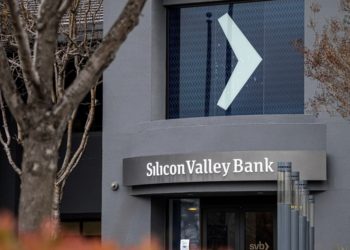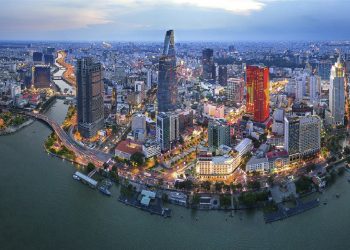- South Korean authorities plan to define cryptocurrencies within a regulatory framework.
- Lawmakers announced plans to regulate blockchain-based tokens as securities.
- Regulations are currently in preparation for digital assets that aren’t securities.
- The agency will submit a proposal that reflects these developments by the first half of 2023.
Authorities in South Korea affirmed their readiness to ensure full regulations of cryptocurrencies. According to a guideline unveiled by the country’s Financial Services Commission (FSC) on Feb. 6, it plans to define the forms of cryptocurrencies that qualify as financial securities.
The FSC announced its plan to treat and regulate blockchain-based tokens as securities through the guideline. However, it claims this is only possible if those tokens fall under the Capital Markets Act.
"Therefore, since token securities are securities issued only in the form of digital assets, they are subject to the regulation of the Capital Markets Act," the agency announced.
This act has, over time, served as an instrument for defining “securities” as a financial investment. Therefore, investors who venture into it do not have to make additional payments on top of the original investment.
In the FSC’s view, these tokens provide investors with a stake in the business, dividends or residual property rights, or the ability to attribute profits to their investors.
The FSC plans to determine the characteristics of security-oriented digital assets using a case-by-case basis. However, the responsibility to evaluate such characteristics will lie with the issuers and brokers, such as crypto exchanges.
As for digital assets that do not qualify as securities, the agency plans to govern them with regulations that are currently coming into shape. Regulations on these digital assets will be drafted under the Framework Act on Digital Assets, a bill developed by the National Assembly.
FSC nộp đề xuất thay đổi
The FSC plans to enable corporate entities to issue digital tokens directly without using financial institutions. The agency is expected to submit the proposal by the first half of 2023.
Last year, Korean algorithmic stablecoin issuer Terra’s collapse wiped approximately $60 billion from the crypto ecosystem. The collapse also led to the downfall of more crypto firms worldwide.
Following this, regulators worldwide urged comprehensive crypto regulations to protect investors. For instance, U.S. legislators have proposed multiple bills to regulate the domestic crypto industry. The European Union is set to vote on the Markets in Crypto Assets (MiCA) regulation in April.
Meanwhile, South Korean lawmakers are also working on the Digital Asset Basic Act (DABA), a comprehensive legal framework for regulating Korea’s growing crypto industry.
Trên Flipside
- Chính quyền Hàn Quốc đã và đang làm việc để thiết lập một khuôn khổ quy định rộng rãi để bảo vệ các nhà đầu tư vào tài sản kỹ thuật số. Quốc hội đã trình bày khoảng 17 đề xuất liên quan đến vấn đề này, nhưng chưa có đề xuất nào được thảo luận tại quốc hội.
Tại sao bạn nên quan tâm
Khi tài sản ảo đã trở nên phổ biến hơn, nhu cầu bảo vệ đã tăng lên. Nước này thiếu các quy định thích hợp và các biện pháp bảo vệ nhà đầu tư mặc dù quy mô giao dịch mật mã hóa. Sau khi ban hành, nó có thể cung cấp cho các nhà đầu tư trong nước các quy định rõ ràng và một cảm giác an toàn với đầu tư của họ.
Bạn cũng có thể thích:
Tỉnh Hàn Quốc tìm cách cải thiện mối quan hệ với Việt Nam thông qua các sáng kiến Blockchain























